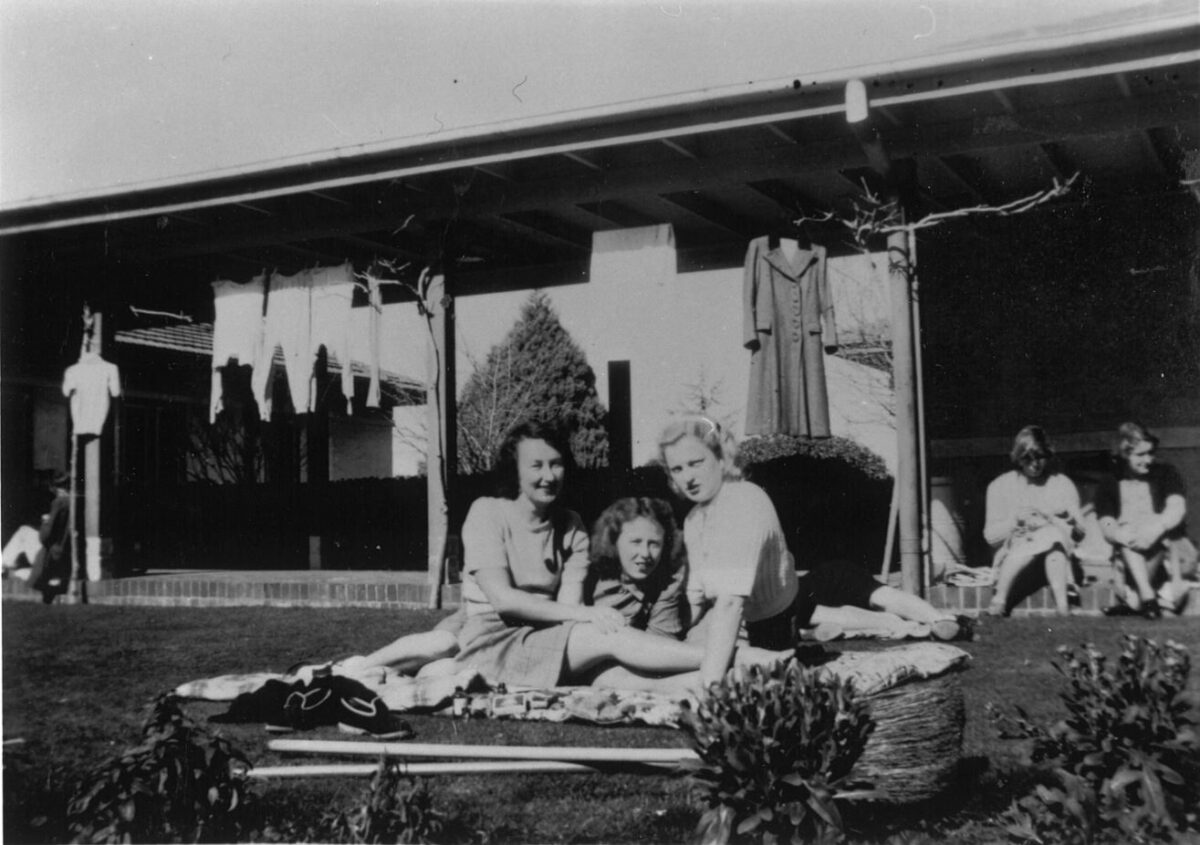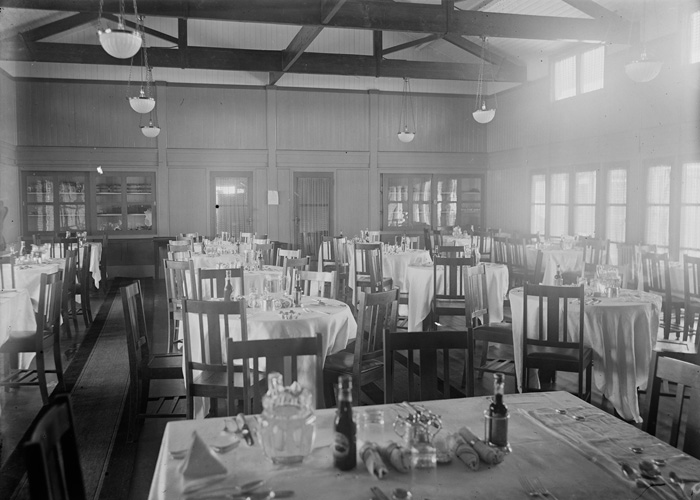Gorman Stories: MUSE MAGAZINE


July 2025
Resident Recollections
Excerpts from MUSE Magazine November 1991, by Tristan Everett
Perhaps the most notorious manageress famous for her ‘iron rod’ ruling was Mrs Dixon who ran the hostel in the forties and fifties. She had a habit of looking in key holes to see if she spied a man inside. Her accusations could be heard the length of the corridor as she tried to flush them out. However, during her reign the food did improve.
‘Being an average hostel, the meals left something to be desired. Towards the weekend a “hotpot” appeared regularly on the menu- all the odds and ends from previous days. At one stage we had a strike of kitchen staff and Mrs Dixon herself presided over the kitchen and the meals were markedly better.’
In 1949 the post-war push of men back into the civilian workforce had its impact on Gorman House. The hostel re-admitted male residents.
‘I remember the blushes Lyndal Barlin (one of the first young men admitted after the war), who walked the length of the dining room with all those female eyes watching him intently!’
However, there was a good deal of opposition to letting men back into Gorman house:
‘before the war the girls could walk around in their dressing gowns, and they didn’t have to wear makeup. When the men arrived we had to be prim and proper ladies if we set foot outside our bedroom doors.’
Among the men who took up residence at Gorman were several Diplomatic cadets and a few ex-servicemen. A number of romances resulted from this, and many became enduring marriages.
One former resident recalls:
‘We weren’t as rowdy as Acton House. We were much more refined. For wild parties you went to Mulwala where one party culminated in some blokes riding motorbikes up and down the corridor of the men’s wing. The culprits were banished to a hostel known (to us) as the Witches Castle.’
Others tell how the squeaky-clean image of Gorman House was misleading.
‘It would give the mistaken belief that we were highly regarded. Many people outside had the generally mistaken conviction that we were not as morally principled as our outside friends. Some parents preferred their daughters not to associate with ‘those girls’. We were all girls away from home, who came up with the usual temptations. Most were able to withstand them, as we had to in those days. But a few gave in to their desire for love and fun, and consequently suffered for it.’
Some remember sneaking their boyfriends out of the grounds if they had stayed past the ‘male curfew’ of 11pm.









